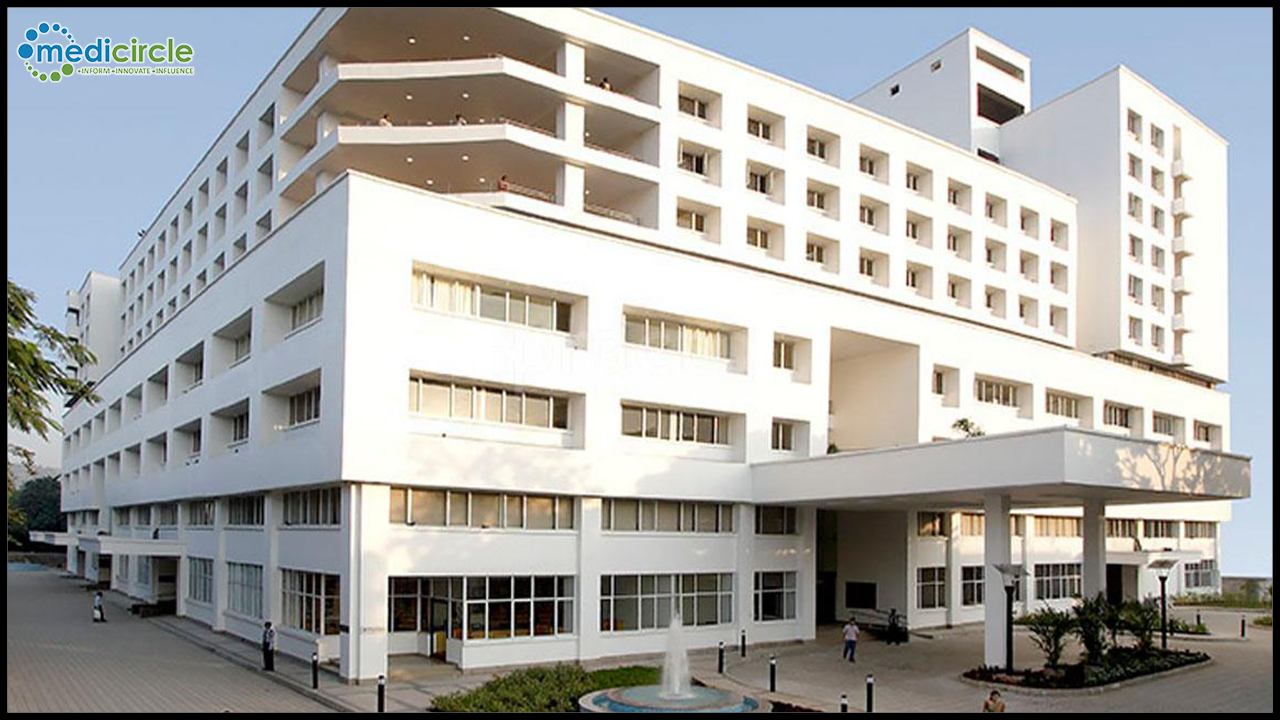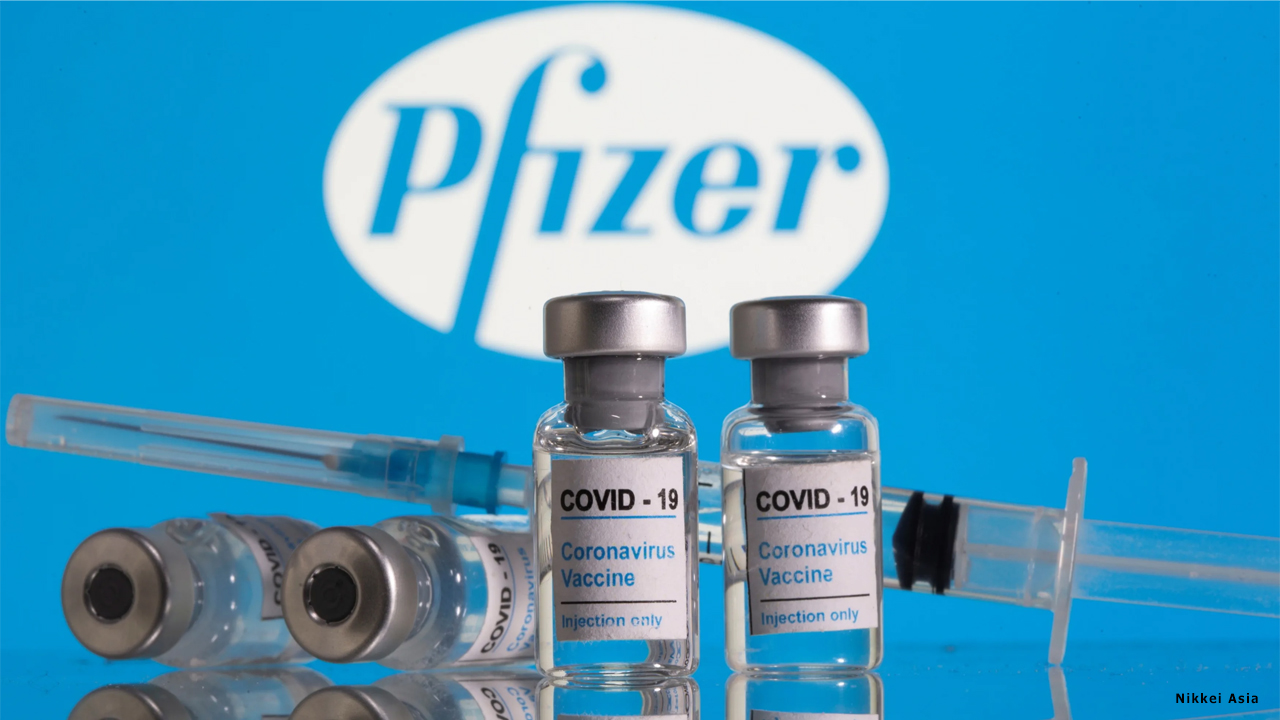A 27-year-old male was suffering from short gut syndrome, which is a rare malabsorption disorder caused by a lack of functional small intestine. When the small intestines fail, transplant is the only option. Small bowel (intestine) transplant is the life-saving surgery performed on patients with irreversible intestinal failure; it is a complex surgery and requires expertise to perform. A multi-disciplinary team of Jupiter Hospital, Baner took up the challenge to perform one of the rarest type of organ transplantation and successfully conducted the first intestine transplant in Maharashtra.
Once the intestine was allocated to the recipient, the team of surgeons from Jupiter Hospital retrieved the small intestine from the donor and the recipient surgery started. Before the transplant patient was surviving on parenteral nutrition for 3 months. The length of the small intestine which was transplanted is 6 feet.
Explaining the transplant process, Dr. Gaurav Chaubal, Chief multi-organ transplant surgeon at Jupiter Hospital said, “Small bowel or intestinal failure means that the bowel is unable to absorb from food, the nutrients, fluids and electrolytes that are essential to live. Due to short bowel syndrome the patient was provided nutrients by TPN (Total Parenteral Nutrition) i.e. nutrients were supplied directly into a vein (intravenous), in the form of liquid. Through this transplant, we replaced 6 feet of the diseased or shortened small bowel with a healthy donor’s bowel”.
Discussing the case, Dr Rajendra Patankar, CEO, Jupiter Hospital, Pune, said, “Our highly qualified and experienced multi-organ Transplant team performed yet another high-end procedure which brings in hope for patients suffering from short gut syndrome. This transplant surgery should help the patient to regain his ability to digest food and come back to normalcy and come off parenteral nutrition in due course of time.”
According to Dr. Chaubal usual challenges in the post-operation period are to manage the immunosuppression effectively and wean the patient from parenteral nutrition to enteral nutrition.

 The highly qualified and experienced multi-organ Transplant team of Jupiter Hospital, Pune performed yet another high-end procedure which brings in hope for patients suffering from short gut syndrome.
The highly qualified and experienced multi-organ Transplant team of Jupiter Hospital, Pune performed yet another high-end procedure which brings in hope for patients suffering from short gut syndrome. 




















.jpeg)

.jpeg)










.jpg)




.jpg)

